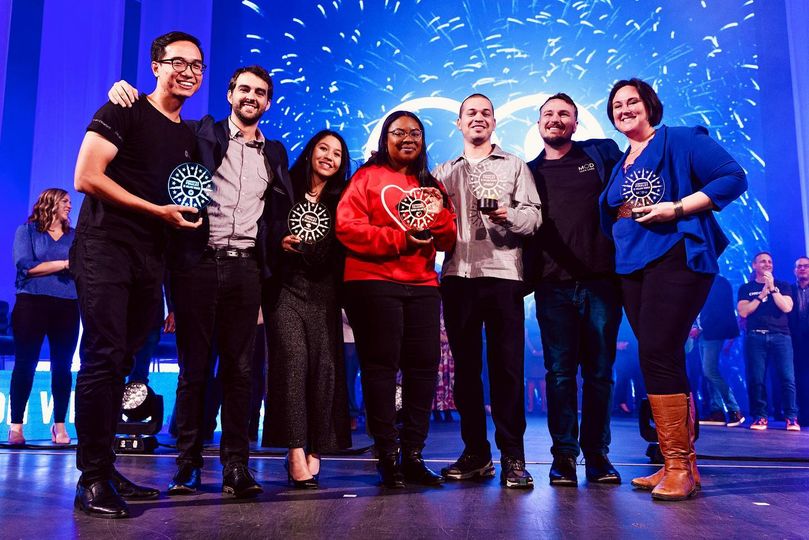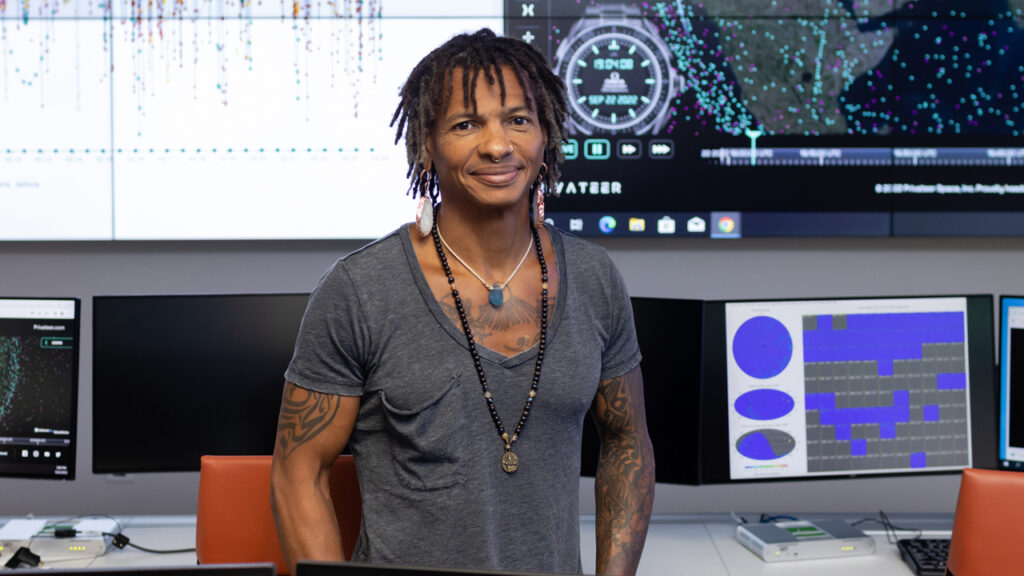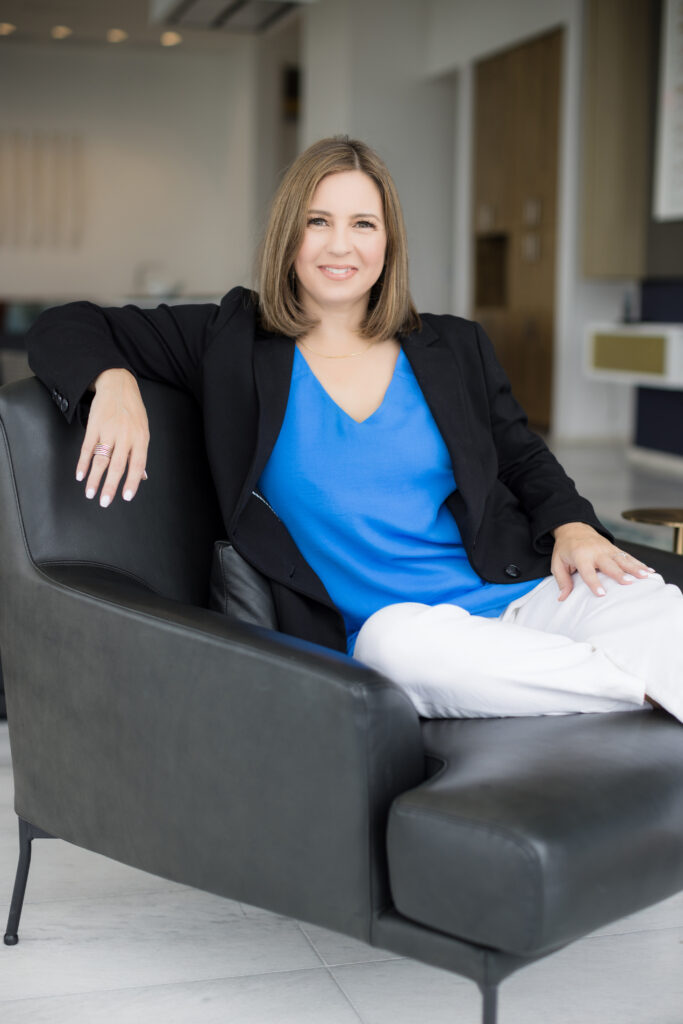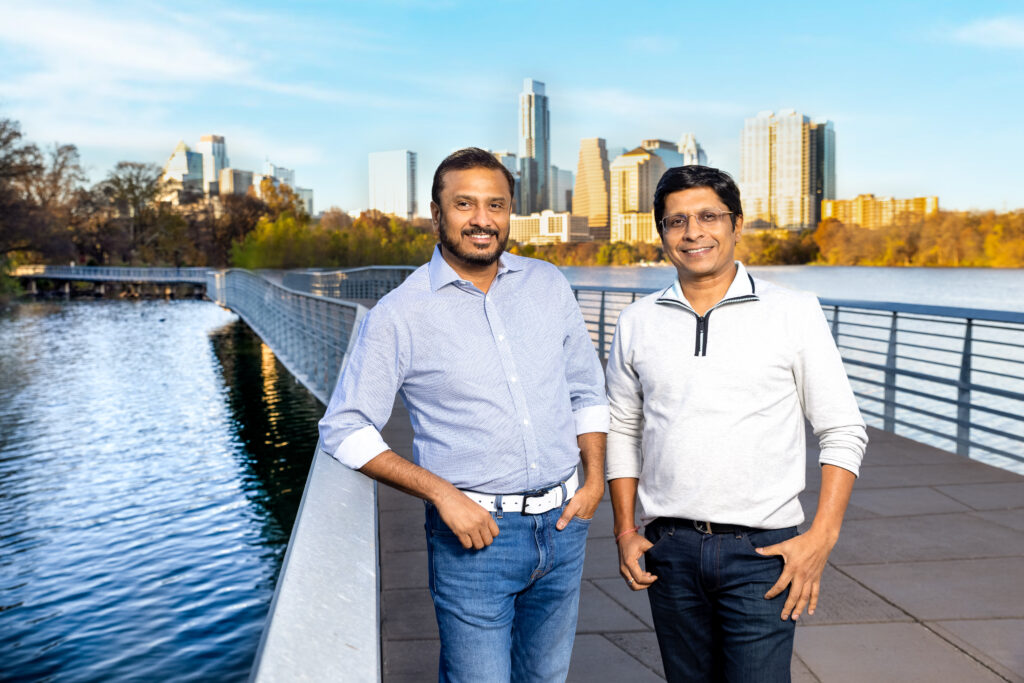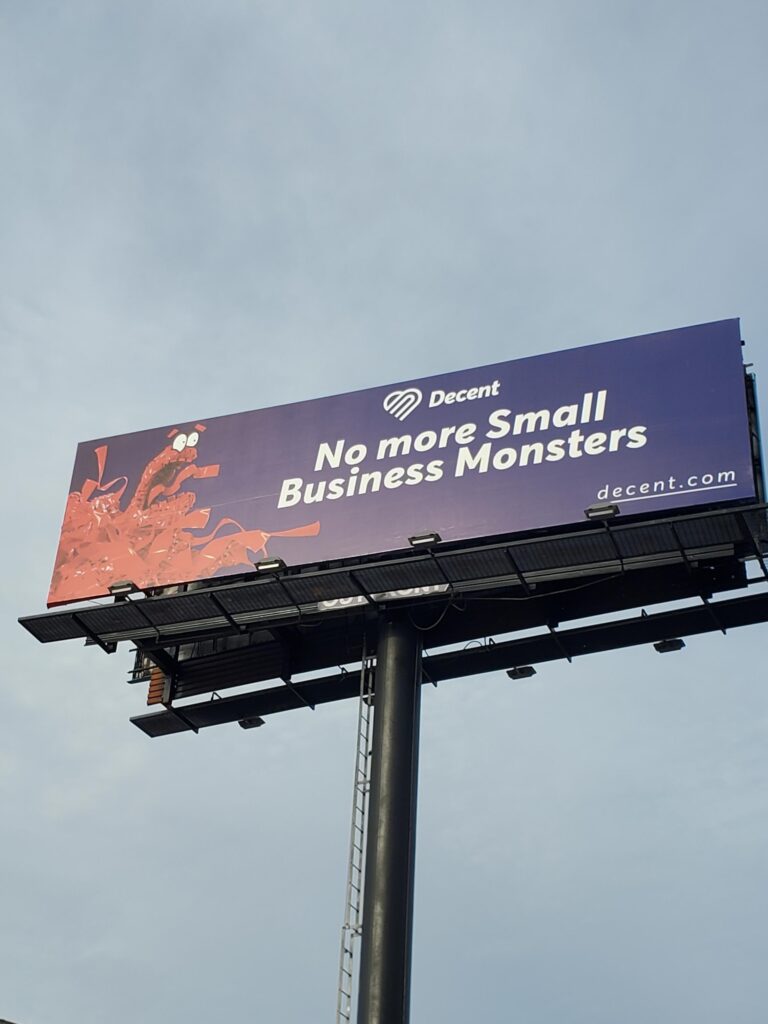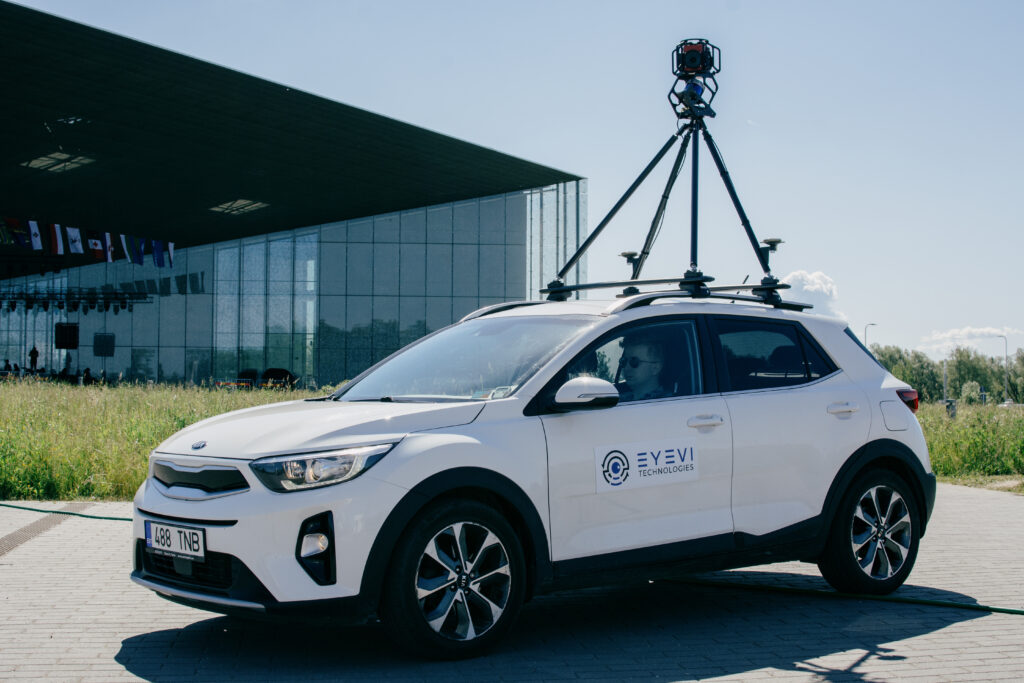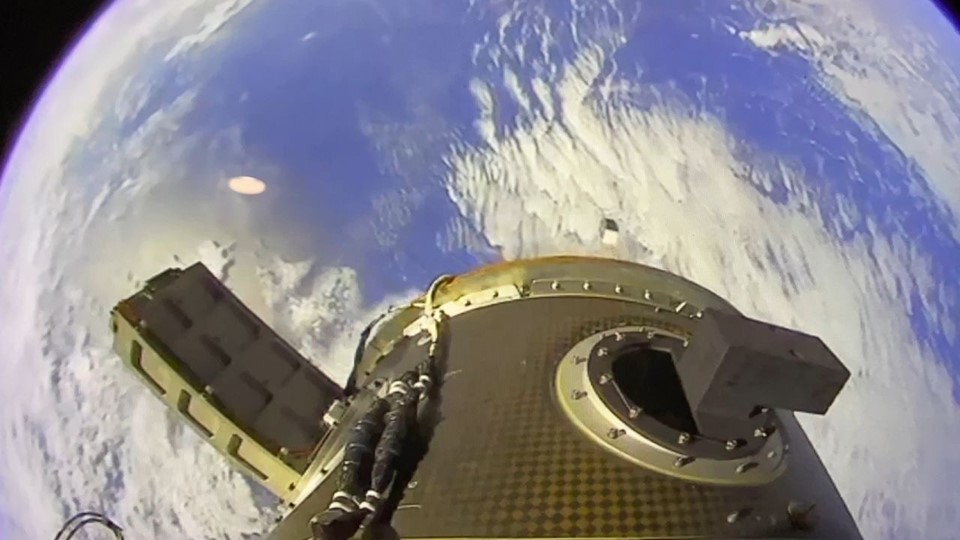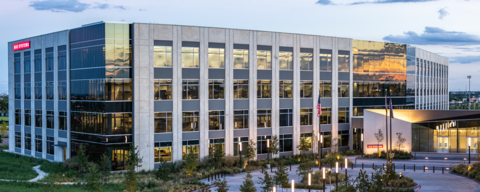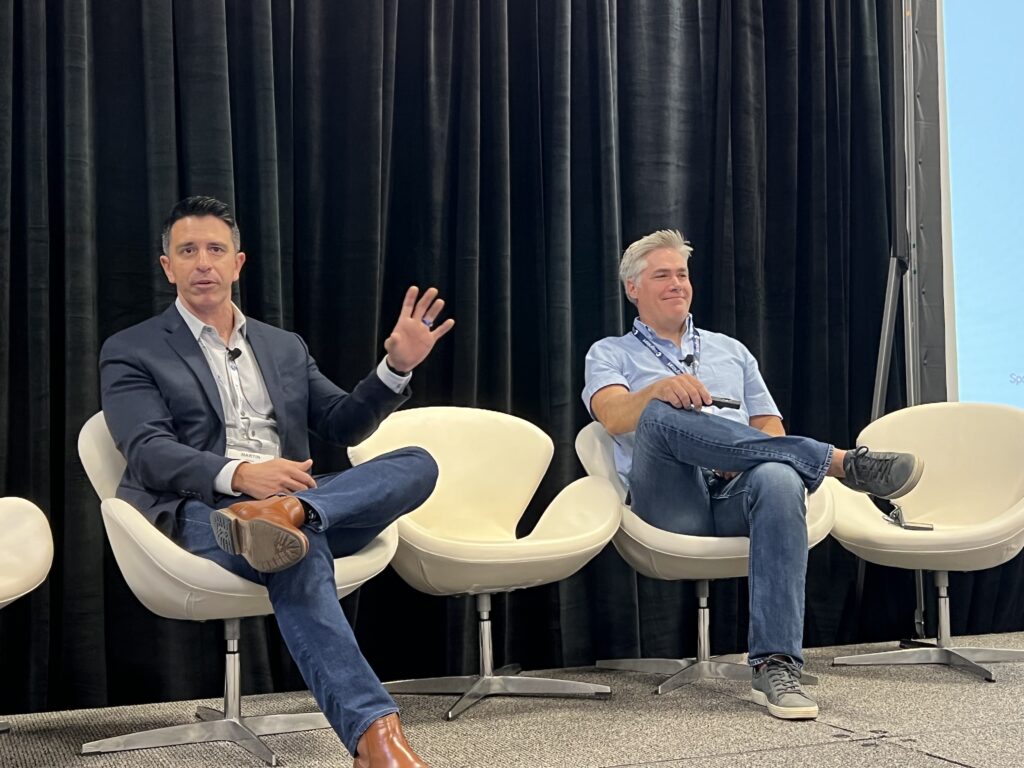Sponsored Post
In 2016, Theresia Intag noticed the recruiting model for companies was broken.
“I knew how to fix it,” said Intag, founder and CEO of IntagHire™.
To do that, she founded IntagHire™ and created a fractional recruiting model that allowed companies to have access to a whole team of professional recruiters that truly represent their company while saving over 50% of the money they would pay for a traditional recruiting agency. The model is highly scalable and increases the number of quality candidates for companies, Intag said. Better yet, you don’t have to lay off a recruiter when hiring slows down. We turn our hours up or down to suit your needs.
“We’re disrupting the recruiting service model,” Intag said.
And that disruption is paying off. IntagHire™ has already helped its clients hire over 180 employees in 2022 and is on track to hire 250 employees by the end of the year. Its business has tripled in size in the last three years.
Intag started the company because as a working mom, she knew parents lose a lot of momentum when they step out of the workforce. She saw a lot of moms that wanted to work but also wanted to have the flexibility to spend time with their families. Yet there were very few part-time jobs to keep parents engaged in the workforce. She saw an opportunity to provide those professionals with part-time work with flexible schedules as recruiters.
Intag also started offering hourly recruiting services to companies.
“We act as the recruiting team for a company,” Intag said. “We coach them on best practices for attracting candidates, interviewing candidates, and onboarding them.”
Intag offers IntagStart™ as a fractional recruiting solution for startups. It primarily works with companies that have between 50 to 500 employees. IntagBoost™ is supplemental hourly recruiting whenever a recruiting team needs an extra “boost”.
“We provide a complete recruiting team but you’re only paying part-time hours for it,” Intag said.
With IntagBoost™, companies can plug in a recruiter to work for six to nine months on a special project for a particular department.
Intag knows the different cultures of startups and corporations and that each has different recruiting needs. She has more than two decades of experience in the talent space, working for Samsung, Yeti Coolers, and Bazaarvoice.
Intag’s success has led the company to be named a 2019 Top Five Recruiting Firm, and Intag was nominated for the 2022 Austin Women in Business Award both by the Austin Business Journal.
Today, Intag Hire has 12 recruiters. It tends to work primarily with business-to-business software companies, medical device companies, marketing, consulting, and IT firms. It has national and international clients in California, Tennessee, South Dakota, Washington, Texas and Australia, and Canada.
“Our employees are all part-time because they need the flexible schedules,” Intag said. “They can take summers off if they want to spend time with their kids.”
Intag’s clients love it. They aren’t spending as much money. Intag’s services cost 50 percent less than contingency firms.
“We are actually running the recruiting for our clients,” Intag said. “We are often working with the CEOs and HR leaders to build out the team when needed. “
Intag is bootstrapped and runs on revenue.
“I wanted to create a company that had a balance between being supportive to employees and also making money,” she said. “We wanted a humane approach to working and through that, we’ve gained loyalty from our recruiters.”
The Pandemic opened the doors for Intag even more.
“Remote workers became more common, and all of our recruiters are remote,” Intag said. “People were less fearful about that. And flexibility was also our foundation.”
Today, the biggest issue facing companies is a lack of people, Intag said.
“We’re going to have a lack of people for the next year,” she said. “There is half a person available for every open spot. That’s how much of a shortfall we have. That will lessen a little bit but there still won’t be enough people.”
As a result, companies have to change their interview processes and their approach to candidates because they lose them overwise, she said.
“As an employer, you have to streamline more,” she said. “You have to streamline the interview process to make the offer faster. You have to make your business more compelling and showcase the business and what the strengths are of your organization.”
Intag works with a company’s marketing department to show them how to be attractive to candidates.
“We help coach our clients on how to show their more positive side,” Intag said.
Today, employees are looking for compelling opportunities and good workplace culture.
“Our job is to represent the company and to talk about the culture, the leadership, and what makes them interesting and where the company is heading,” Intag said. “We really act like internal recruiters when we represent the companies.”
